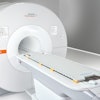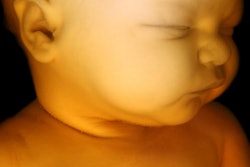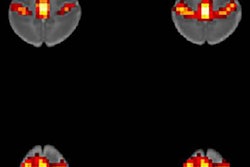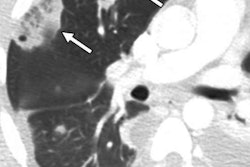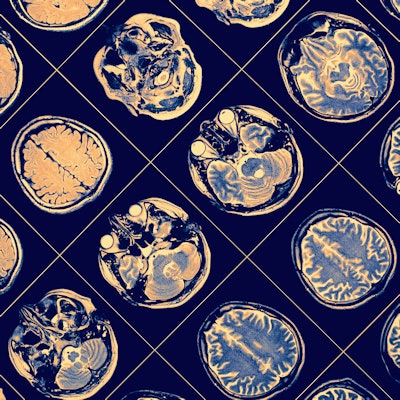
Children's National Hospital in Washington, DC, has been awarded a multimillion-dollar grant from the U.S. National Institutes of Health (NIH) to study how opioid exposure in the womb impacts long-term brain development.
Image analyses and other tests will be used to categorize neurological and behavioral outcomes for infants who were exposed to opioids in the womb as part of the four-year Outcomes of Babies with Opioid Exposure study. Children's National will serve as the coordinating center for MRI scans performed as part of the study.
Researchers from the hospital will oversee the acquisition, processing, and evaluation of brain MRI scans acquired of children who were exposed to opioids in utero and those who weren't. They will analyze scans that are acquired at one month, six months, and two years of age.
The study aims to identify early biomarkers in those infants that could indicate which ones will likely experience neurological and behavioral dysfunction later in life. Because this study can define how specific brain regions are developing with precision, researchers expect to be able to determine when infants begin to veer off course and provide medical intervention earlier.
This study is part of the NIH's broader Helping to End Addiction Long-Term Initiative, which will follow pregnant women and their infants to gauge opioids' imprints on their children's brains. Women will be enrolled at clinical sites at Case Western University, Children's Hospital of Philadelphia, Cincinnati Children's Hospital Medical Center, and University of Alabama at Birmingham, which are located in U.S. regions that were hit hardest by the opioid crisis.

